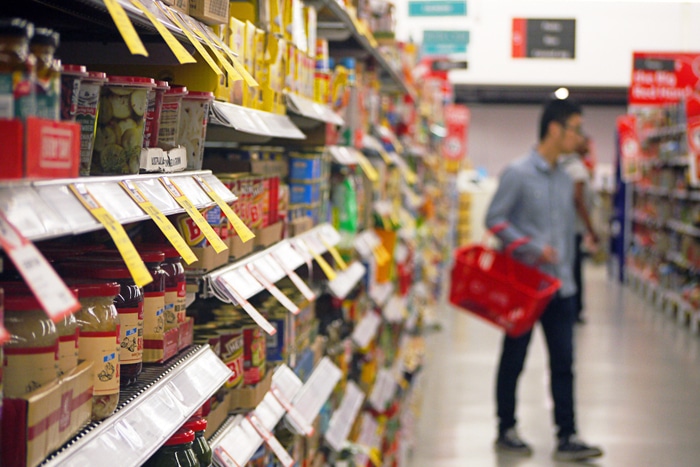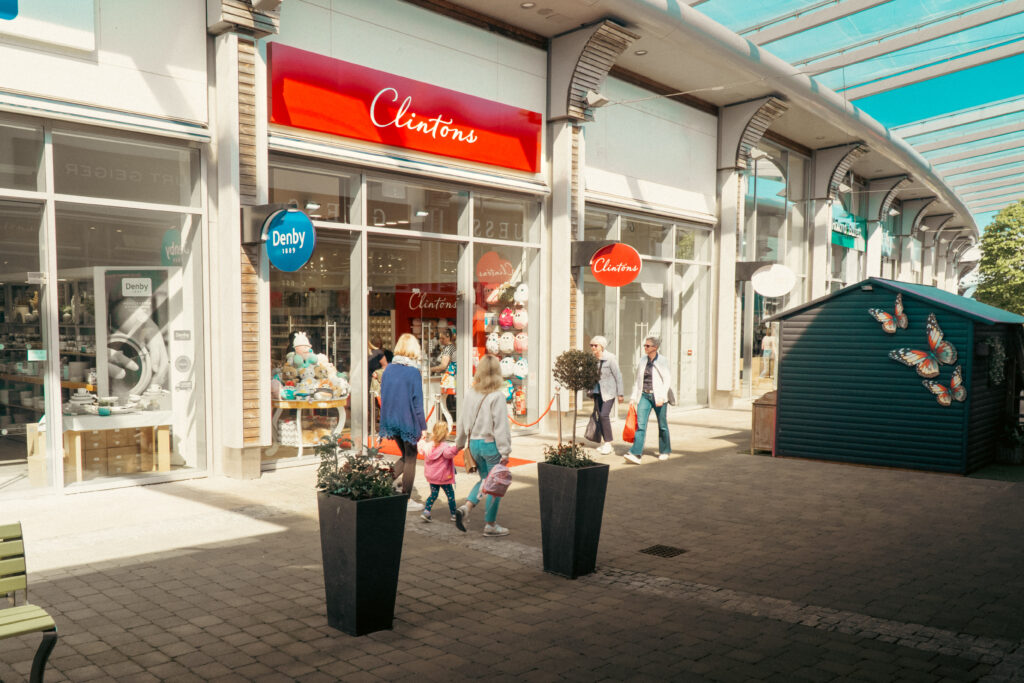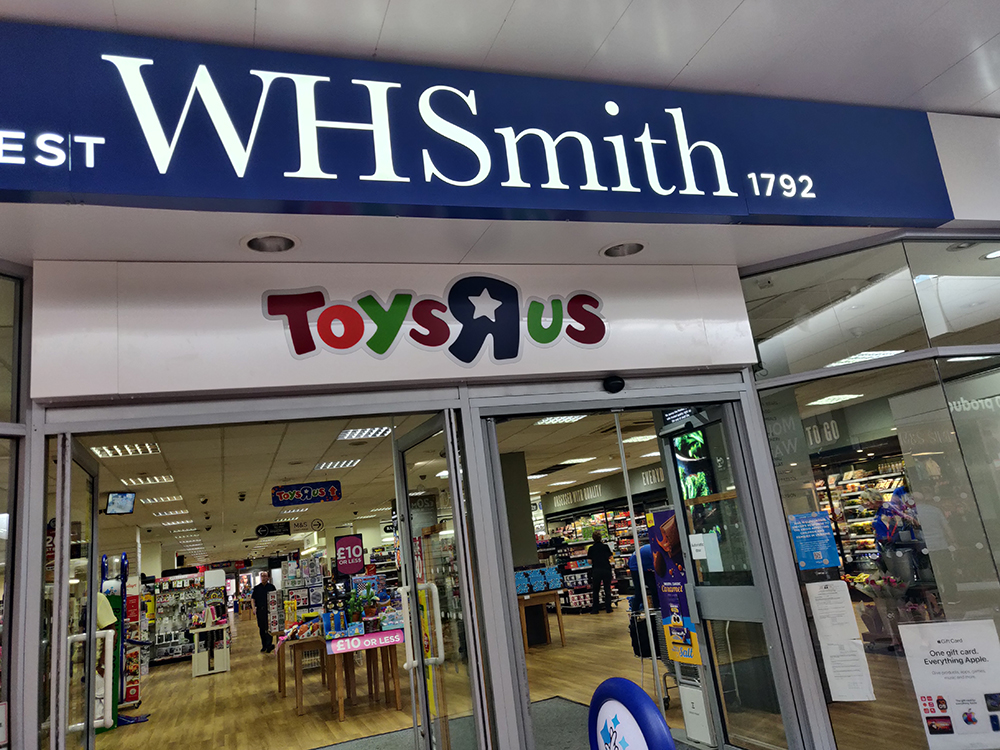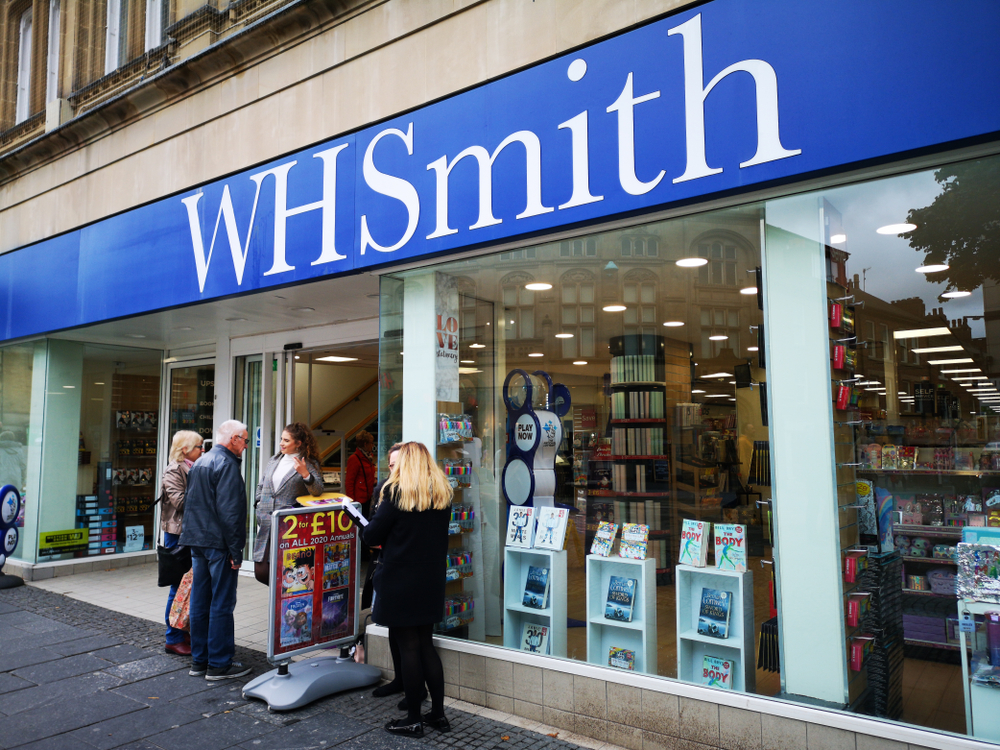Shop prices rose at their highest rate since 2013 in December, despite a campaign of heavy discounting from retailers during the peak Christmas trading period.
According to the latest BRC-Nielsen Shop Price Index, overall inflation accelerated to 0.3 per cent in the last month of 2018 compared to a year prior, and up from 0.1 per cent in November.
READ MORE:
- Footfall rises in last week of 2018
- December consumer confidence slips to 5-year low
- November inflation dips to 20-month low (ONS)
- November retail sales surpass expectations due to Black Friday (ONS)
- November online retail sales slowest in 7yrs after “underwhelming” Black Friday
- UK retail suffers worst November footfall decline in 9 years (BRC-Springboard)
- Retailers face “nerve-wracking run-up to Christmas” (BRC-KMPG)
- Grocery market grows at weak pace ahead of Christmas
BRC and Nielsen said this was the fourth month of inflation in five years and the highest rate since April 2013.
The increase was driven by slowing deflation in general merchandise and the rising cost of ambient food, which saw prices increase to 2.3 per cent in December, up from 2.1 per cent in November.
Meanwhile, non-food deflation decelerated to 0.4 per cent from 0.8 per cent in November, the lowest rate of decline since March 2013.
The BRC said this was due to a combination of the struggling pound amid growing uncertainty around Brexit and a change in the promotional strategies deployed by retailers.
The weak sterling has seen the cost of imports rocket, which is feeding through to shop prices.
BRC chief executive Helen Dickinson said the figures underlined the tough conditions retailers are facing.
She also warned that a no-deal Brexit would see prices increase even further.
“Shoppers may have become accustomed to great value, but Brexit uncertainty means that a continuation of the low prices is by no means guaranteed,” she said.
“Without a trade deal with the EU, the cost of importing many of the goods we buy day to day will go up significantly, and retailers simply do not have the room in their margins to protect consumers from those costs.
“Unless Parliament comes together behind a deal that ensures frictionless, tariff-free trade we could see prices paid by UK households rise substantially.”
The data also showed that food price inflation decelerated to 1.5 per cent in December from 1.6 per cent in November.
Fresh food inflation also slowed to 0.9 per cent in December, down from 1.2 per cent in November, which the BRC said was due to lower international prices.
Nielsen head of retailer insight Mike Watkins said: “With an uncertain economic outlook, retailers had to work hard to encourage customers to keep shopping, and in the run-up to Christmas price discounting was deeper and began earlier across both food and non-food channels.
“There was also unprecedented levels of vouchering in December across many supermarkets to encourage shoppers to spend, and this competitive retail environment kept increases in shop prices low.
“Retailers know that customers are worried about their personal finances, so they will continue to do all they can to limit price rises over the next few months despite the external pressures.”
Click here to sign up to Retail Gazette‘s free daily email newsletter


















